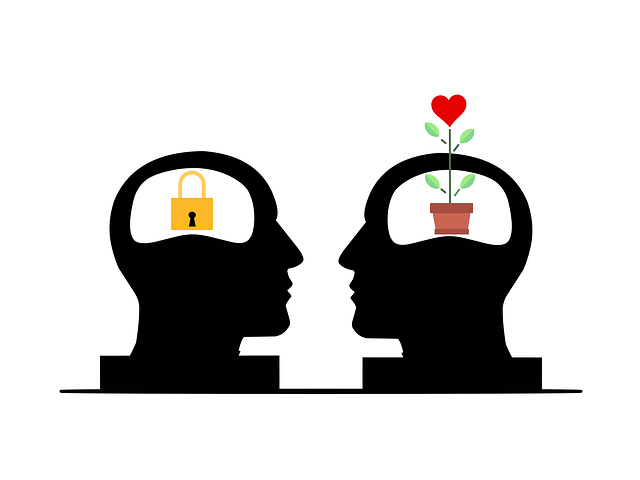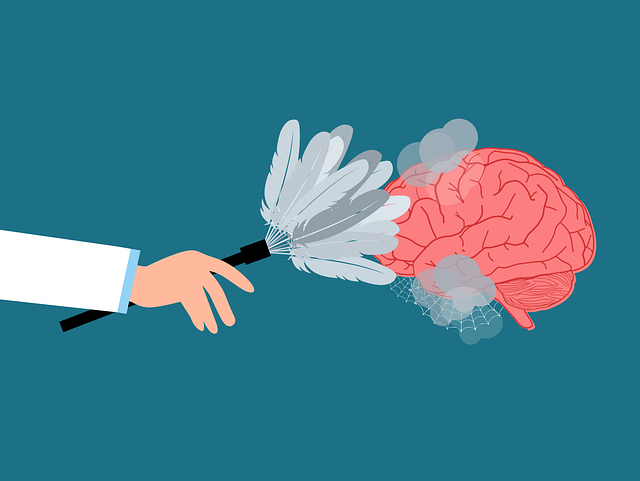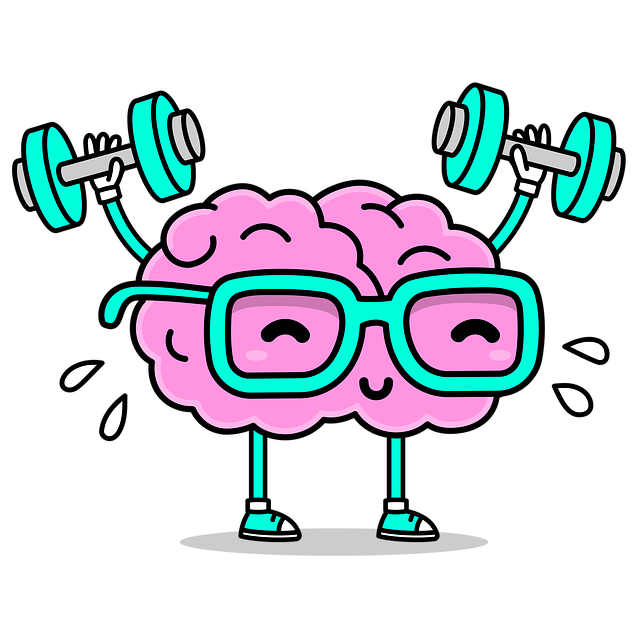Cultural competency in healthcare is key to delivering equitable care in a diverse society, focusing on understanding and respecting cultural differences. Organizations like Stress Management Workshops promote positive thinking for better cross-cultural communication. Superior Cognitive Processing Therapy (SCPT) is a powerful tool to enhance cultural sensitivity, empower individuals, and reframe negative experiences as growth opportunities. Integrating SCPT into training improves mental health professionals' comfort, attitudes, and behaviors toward diverse patients, leading to better patient outcomes through tailored care. Regular assessments and feedback refine these programs for continuous improvement.
“In today’s diverse healthcare landscape, cultural competency is no longer a luxury but an imperative. This article explores the critical role of cultural competency training for healthcare providers, offering a comprehensive guide to improving patient care. We delve into the foundational concepts, highlighting the impact of understanding cultural nuances on effective treatment. Furthermore, we present innovative approaches, such as Superior Cognitive Processing Therapy (SCPT), to enhance cultural sensitivity. By exploring practical strategies and measuring training outcomes, this piece aims to empower healthcare providers in delivering inclusive and compassionate care.”
- Understanding Cultural Competency in Healthcare: The Foundation for Effective Patient Care
- The Role of Superior Cognitive Processing Therapy (SCPT) in Enhancing Cultural Sensitivity
- Developing Cultural Competency Skills: Strategies for Healthcare Providers
- Measuring and Evaluating the Impact of Cultural Competency Training Programs
Understanding Cultural Competency in Healthcare: The Foundation for Effective Patient Care

Cultural competency in healthcare is a cornerstone for delivering effective and equitable patient care. It involves understanding and appreciating the cultural differences that shape individuals’ health beliefs, behaviors, and interactions with healthcare systems. By recognizing these diverse perspectives, healthcare providers can create an environment that respects and values every patient’s unique background, fostering trust and improving outcomes. This foundation is crucial for breaking down barriers and ensuring that all patients receive care tailored to their specific needs.
In today’s diverse healthcare landscape, where patients come from various cultural and ethnic backgrounds, this competency goes beyond mere courtesy. It’s a necessity for delivering superior Cognitive Processing Therapy, as it enables providers to address complex psychological issues while considering the patient’s cultural context. Moreover, organizations like Stress Management Workshops prioritize positive thinking and emotional well-being promotion techniques as part of their training programs. By integrating these practices, healthcare professionals can navigate complex cultural terrains effectively, ultimately enhancing patient satisfaction and health outcomes.
The Role of Superior Cognitive Processing Therapy (SCPT) in Enhancing Cultural Sensitivity

Superior Cognitive Processing Therapy (SCPT) plays a pivotal role in enhancing cultural sensitivity among healthcare providers. This therapeutic approach focuses on modifying maladaptive thought patterns and beliefs, which are often influenced by past experiences and cultural biases. By exploring and challenging these underlying cognitive processes, SCPT empowers individuals to develop inner strength and cultivate a deeper understanding of diverse cultural perspectives. Through this process, healthcare providers can improve their ability to deliver trauma-support services that are culturally responsive and emotionally healing.
SCPT facilitates emotional healing processes by encouraging individuals to reframe negative experiences and beliefs into opportunities for growth and learning. This transformative approach allows healthcare professionals to better navigate the complex landscape of cultural competency, ensuring they provide care that respects and values the unique backgrounds and needs of their patients. As a result, SCPT contributes significantly to the development of a more inclusive and effective healthcare system that addresses the emotional healing processes necessary for successful trauma support services.
Developing Cultural Competency Skills: Strategies for Healthcare Providers

Developing Cultural Competency Skills is a crucial aspect of modern healthcare practice, ensuring providers can offer the best possible care to a diverse range of patients. This involves deepening understanding and appreciation for different cultural backgrounds, beliefs, and values, which can significantly impact health and healing. Strategies for enhancing cultural competency include engaging in Superior Cognitive Processing Therapy (SCPT), designed to improve critical thinking and decision-making skills when navigating complex cultural scenarios. SCPT equips healthcare providers with the tools to analyze and interpret patient behaviors and communication patterns that may differ from their own cultural norms, fostering more accurate diagnoses and effective treatment plans.
Integrating Mental Health Awareness is another key strategy, as many patients arrive at healthcare settings carrying emotional burdens shaped by their cultural experiences. Understanding these unique challenges enables healthcare providers to create safe, inclusive spaces that promote open dialogue and encourage the emotional healing processes necessary for positive health outcomes. Moreover, incorporating Risk Management Planning for Mental Health Professionals into training curricula ensures that providers are equipped with strategies to handle sensitive cultural issues while mitigating potential risks and errors in patient care.
Measuring and Evaluating the Impact of Cultural Competency Training Programs

Evaluating the impact of cultural competency training is paramount to ensuring its effectiveness in enhancing healthcare delivery. Beyond simple knowledge acquisition, successful programs foster tangible improvements in providers’ attitudes and behaviors toward diverse patient populations. This can be measured through various methods, such as pre- and post-training surveys, where participants rate their comfort levels in handling cultural nuances and addressing sensitive topics.
The integration of Superior Cognitive Processing Therapy (SCPT) within these training curricula has shown promise in enhancing emotional healing processes and empathy building strategies among mental health professionals. By assessing risk factors and implementing SCPT techniques, healthcare providers can improve their ability to navigate complex cultural interactions, ultimately leading to better patient outcomes. Regular follow-up assessments and feedback mechanisms further strengthen the evaluation process, allowing for continuous improvement and refinement of training programs.
Cultural competency training, incorporating strategies like Superior Cognitive Processing Therapy (SCPT), is a vital tool for healthcare providers to enhance patient care. By understanding diverse cultural contexts and implementing effective communication skills, professionals can create more inclusive and empathetic environments. Measuring the impact of these programs is crucial to ensure their success and continuous improvement, fostering better health outcomes for all.














